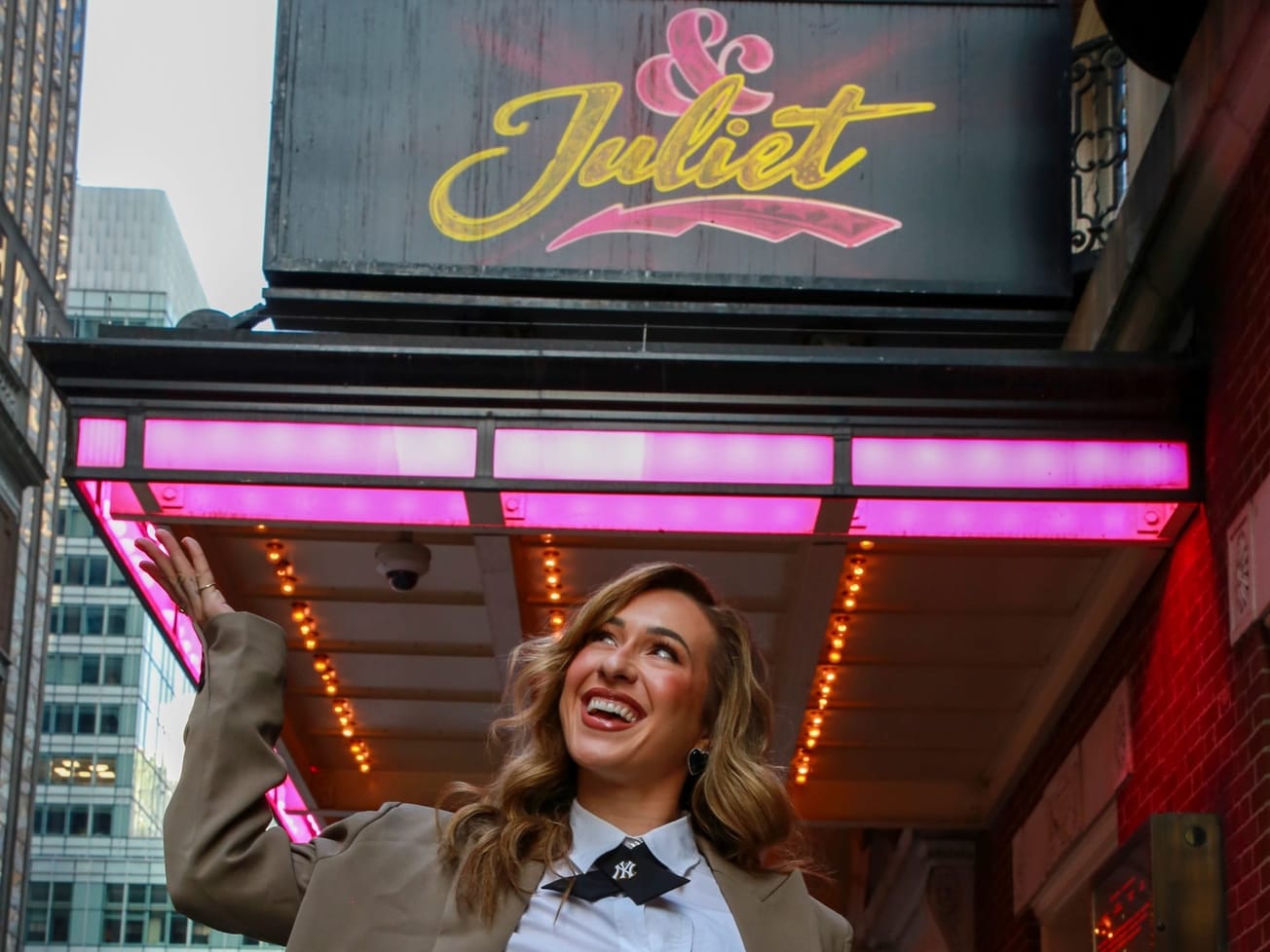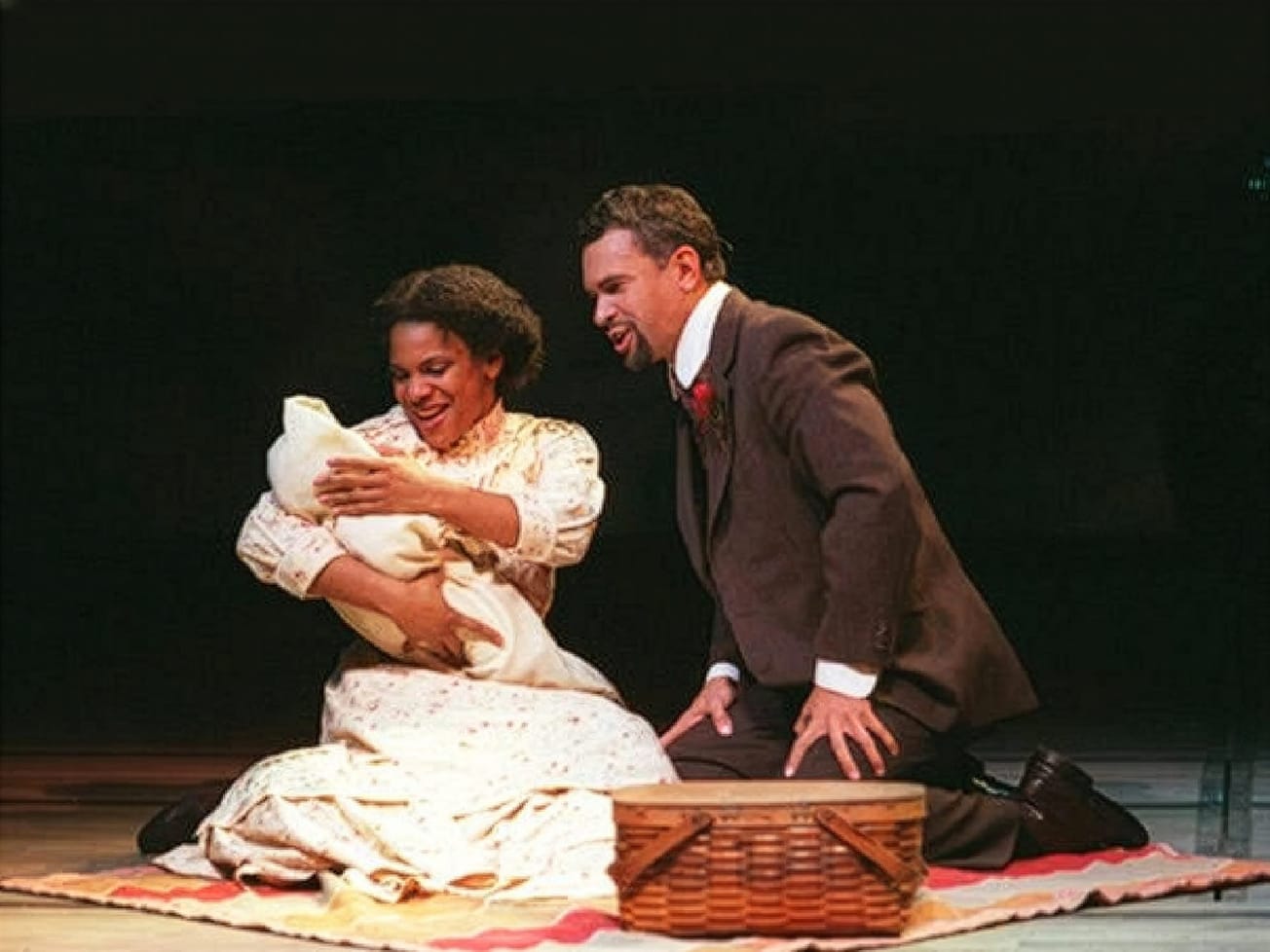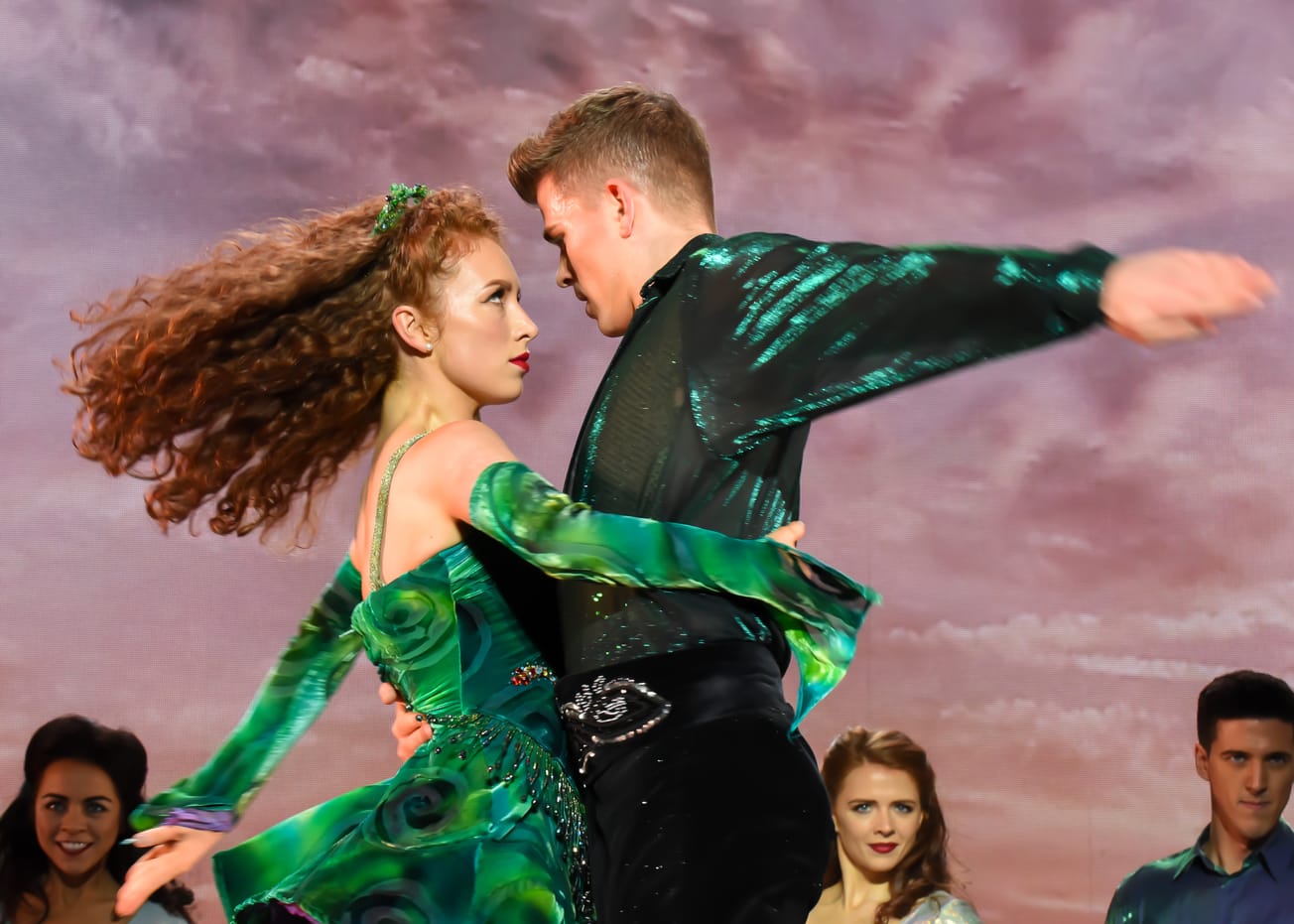The opening scene of “Little Bear Ridge Road” takes place in the year 2020. A woman in her 60s has rubber cleaning gloves on her hands. A man in his 30s is wearing a face mask.
Yes, this new play is set during and after the onset of the COVID-19 pandemic, joining the growing amount of art that addresses the globally devastating virus and interrogates its lingering consequences. But unlike HBO Max’s Emmy Award-winning show “The Pitt,” Ari Aster’s contemporary Western movie “Eddington” or Nicholas Pilapil’s living-room play “God Will Do the Rest,” this script never references mask mandates, vaccine debates or death tolls. And even though the elder character is a seasoned nurse, the show doesn’t ever hint at how the virus has impacted her shifts at the hospital.
That’s because Broadway’s “Little Bear Ridge Road” — which began previews on Oct. 7 ahead of an official opening on Oct. 30 at the Booth Theatre — is not a play about the pandemic, playwright Samuel D. Hunter asserted. In fact, Hunter only settled on this time period once he was well into writing the piece — and years after its premise first occurred to him.
Around the start of 2020, before COVID was a word in anyone’s mouth, he was driving to Boston and spotted a billboard for Cozi TV, a network that airs classic sitcoms. Something about seeing “The Dick Van Dyke Show,” “The Mary Tyler Moore Show” and “Green Acres” in that ad inspired him to, one day, pen a play about television as anesthesia. “Then the pandemic hit, and we all retreated to our screens,” he said, “and that idea just gained more and more weight.”
“I’m not writing about COVID, I’m writing about what the collective experience of that time felt like,” Hunter told Broadway News. “I remember walking on the street one day, and somebody was chatting with a neighbor and said, ‘Every day is Sunday, right?’ That's what it felt like.”
That feeling is what Hunter aimed to capture. “The good plays that are about any point in history become about the people in that situation, and the situation becomes a container but not the content,” he continued. “And the trick of the play is letting it exist in that space while also giving it drive.”
Although Hunter — also the scribe behind “The Whale,” “Greater Clements,” “A Bright New Boise” and more — had contemplated the idea of TV as numbing for years, he didn’t put pen to paper until 2023, when director Joe Mantello and actor Laurie Metcalf commissioned him to mark Metcalf’s return to Chicago’s Steppenwolf Theatre Company, the actor’s hometown theater. Hunter wrote a first draft in four months. Only during that period did the playwright sharpen his story with a more specific timeframe.


























































